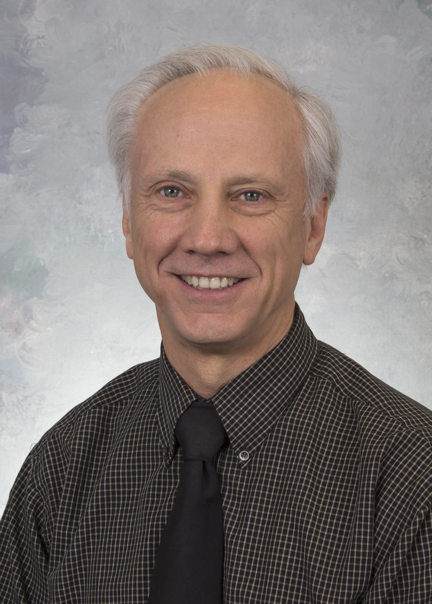DIRECTOR

Geoffrey Gerstner, DDS, MS, PhD
Associate Professor
[email protected] | 734-647-3069
Dr. Gerstner holds a BS in Zoology from BYU, where he became interested in animal behavior and mammalogy as a pre-dental student. After graduating, he enrolled in a dual degree program at UCLA where he continued animal behavior studies in an MS program while obtaining a DDS degree. As an MS student, he studied motor control in a guinea pig model of tardive dyskinesia and became interested in the nature of time and temporality in motor behavior. After completing the DDS and MS, he pursued further graduate training through an individual NIH Dentist Scientist Award. He studied chronic pain management as the clinical component of this training and as the research component, he obtained a PhD in Neuroscience, during which time he did comparative behavior studies of six mammalian species at the San Diego Zoo, San Diego Wild Animal Park, Los Angeles Zoo and Phoenix Zoo. His research focuses on mammalian oral motor behavior. He teaches coruses on orofacial function, temporomandibular disorders and obstructive sleep apnea to pre- and post-doctoral students. He recently became a diplomate of the American Board of Dental Sleep Medicine, and has a practice limited to obstructive sleep apnea in the dental school.